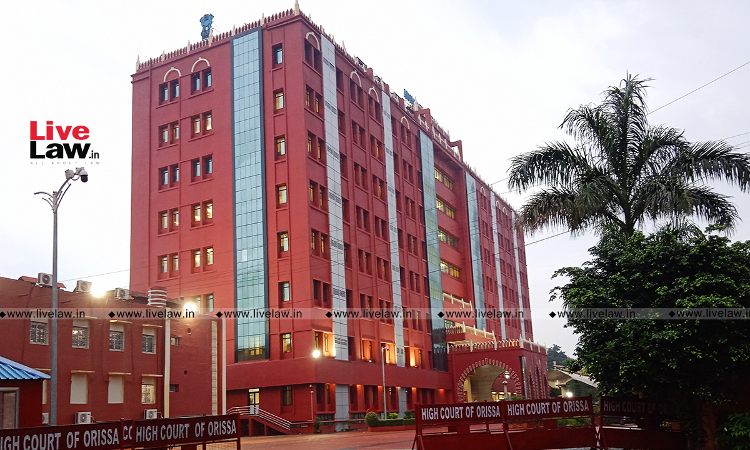PIL Can't Be Entertained In Disputes Relating To Service Matters: Orissa High Court
Jyoti Prakash Dutta
19 Aug 2022 10:23 AM IST

Next Story
19 Aug 2022 10:23 AM IST
The Orissa High Court has recently held that Public Interest Litigation (PIL) cannot be entertained in disputes pertaining to 'service matters'. While adjudicating a matter relating to alleged irregularities in the appointment of primary school teachers, a Division Bench of Chief Justice Dr. S. Muralidhar and Justice Radha Krishna Pattanaik followed the above principle as has been laid...
